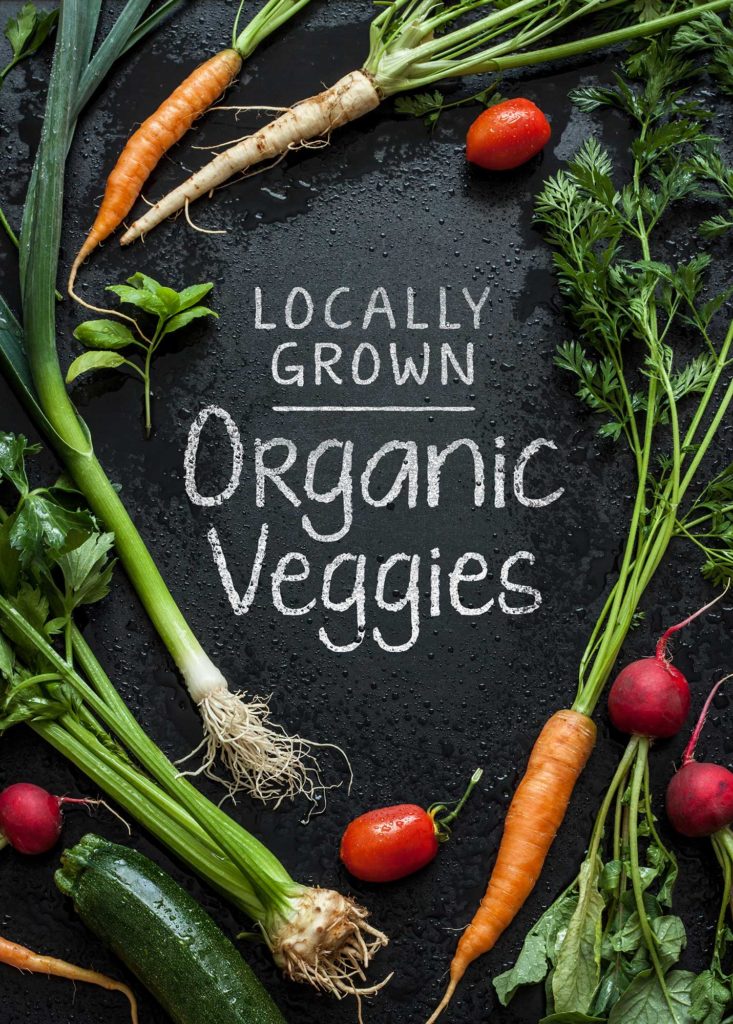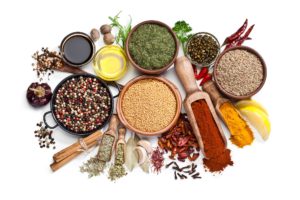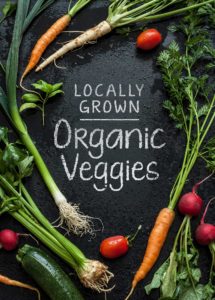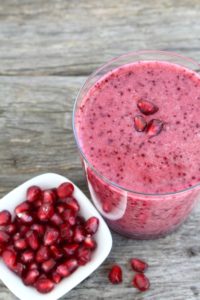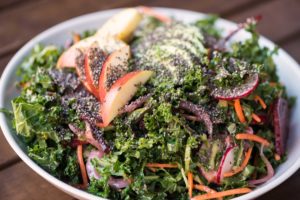A study published last year in the JAMA Internal Medicine found that those who frequently eat organic foods lower their overall risk of developing cancer, in particular non-Hodgkin’s lymphoma and postmenopausal breast cancer.
Many of us choose to buy organic foods to support health, although there has been little research to support this until now. The French study published in the October 23, 2018 JAMA Internal Medicine examined the diets of nearly 70,000 adult volunteers, in their mid-40s. They were divided into three groups – those who never ate organic foods, those who ate them occasionally, and those who ate organic most of the time.
The participants were followed for an average of four and a half years. The study found that in patients who ate mostly organic foods, there were less cancers – specifically post-menopausal breast cancer and lymphoma. In addition to a reduction in post-menopausal breast cancers and lymphomas, researchers found that those who ate organic foods also had less prostate cancers, skin cancers and colorectal cancers.
Even participants who ate low-to-medium quality diets based on organic foods experienced a reduced risk of cancer. The authors believe that the negative relationship between organic food and cancer risk results from the significant reduction of contamination that occurs when conventional foods are replaced by organic foods. The study authors expected to find a reduction in cancers, although they were quite surprised over the extent of reduction in cancers among those frequently consuming organic foods.
The study was observational and the authors do note that it does not prove that an organic diet causes a reduction in cancers, but strongly suggests that an organic based diet could contribute to reducing cancer risk. “If the findings are confirmed, promoting organic food consumption in the general population could be a promising preventive strategy against cancer,” the researchers concluded.
Dr. Jorge Chavarro, an associate professor in the Department of Nutrition at Harvard T.H. Chan School of Public Health, said that the new study is “incredibly important.” He co-authored a commentary published with the study. He noted that the new findings are consistent with those of the International Agency for Research in Cancer, which found that pesticides are cancer causing in humans. They also are consistent with those of another study that showed a negative relationship between eating organic food and non-Hodgkin lymphoma, he said.
Should you buy organic?
Organic produce has been found to have higher vitamin and mineral levels. By eating organic, we lessen our exposure to harmful environmental chemicals including herbicide residues such as glyphosate, the active ingredient in Roundup, a known hormone and microbiome disruptor.
Those who wish to decrease their toxic exposure and are not committed to buying all organic can
use the Environmental Working Group’s (EWG’s) guides to pesticides in produce and choose to buy organic produce when buying foods that are listed on the EWG’s Dirty Dozen list (a list of this fruits and vegetables that tend to have the most pesticide residues. EWG publishes this list every year.
According the the EWG: Many shoppers don’t realize that pesticide residues are common on conventionally grown produce – even after it is carefully washed or peeled. EWG’s analysis of tests by the U.S. Department of Agriculture found that nearly 70 percent of samples of conventionally grown produce were contaminated with pesticide residues.
EWG also publish an annual list of those fruits and vegetables which have the least pesticide residues. The 2018 lists are summarized below.
EWG’s ‘Dirty Dozen list’ of fruit and vegetables that tend to have more pesticide residuals than other produce such as strawberries, spinach, nectarines, apples, grapes, peaches, cherries, pears, tomatoes, celery, potatoes and sweet bell peppers.”
Clean 15:
EWG’s Clean Fifteen list of produce least likely to contain pesticide residues included avocados, sweet corn, pineapples, cabbages, onions, frozen sweet peas, papayas, asparagus, mangoes, eggplants, honeydews, kiwis, cantaloupes, cauliflower and broccoli. Relatively few pesticides were detected on these foods, and tests found low total concentrations of pesticide residues.
Complete result of the study can be found in JAMA Internal Medicine.


